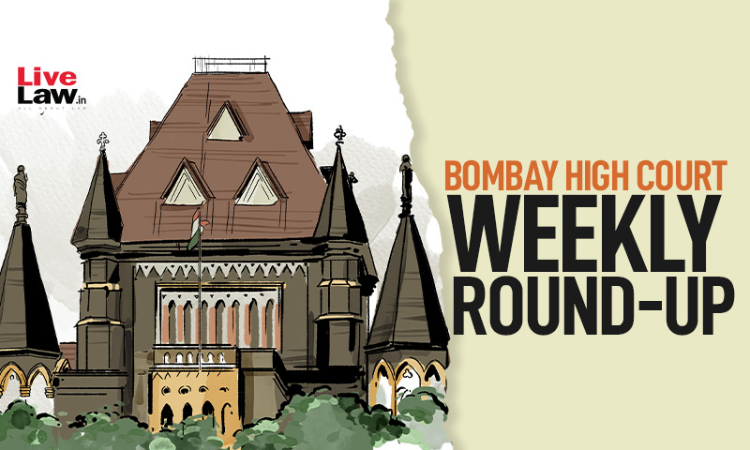Next Story
15 July 2024 6:00 PM IST
Citations: 2024 LiveLaw (Bom) 335 To 2024 LiveLaw (Bom) 348Nominal Index [Citation 335 – 348]Patanjali Foods Ltd. Versus UOI, 2024 LiveLaw (Bom) 335Konkan LNG Limited Versus The Commissioner of State Tax. 2024 LiveLaw (Bom) 336X. Y. Z. vs. Dean of Vitthal Sayanna Civil Hospital & Ors., 2024 LiveLaw (Bom) 337Symbiosis Open Education Society and Symbiosis Skills and Professional...

